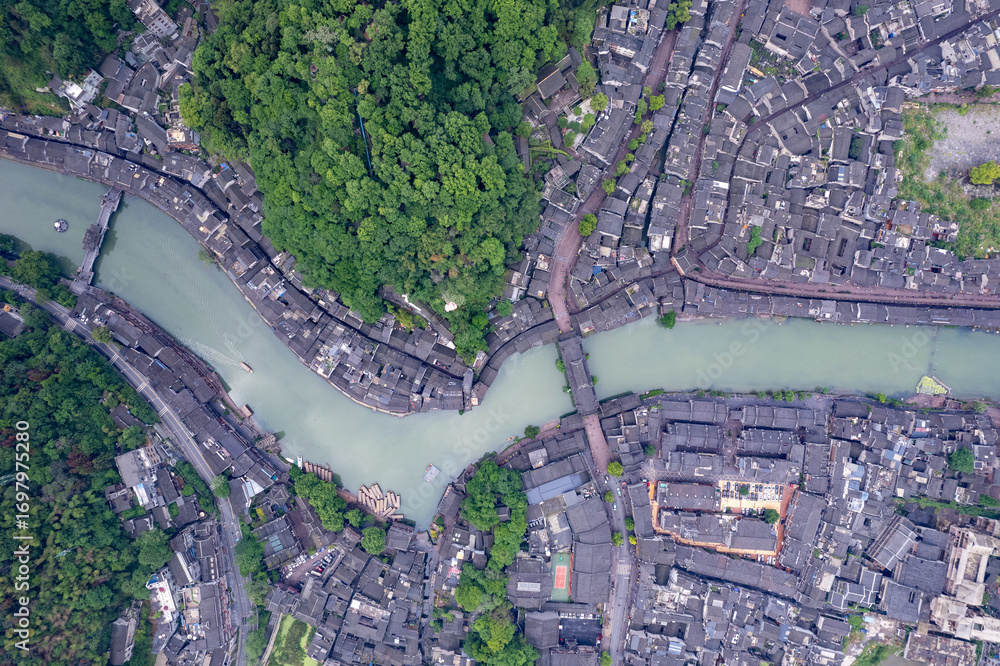EIA Autumn Irrigation Forum – Friday, 26 September 2025
26 Sep 2025 | 14:00 - 16:00 | Online

26 Sep 2025 | 14:00 - 16:00 | Online
The European Irrigation Association (EIA) held its virtual Autumn Irrigation Forum on Friday, 26th September 2025, welcoming irrigation and water management professionals from across Europe to discuss pressing regional challenges and innovative urban solutions.
EIA President Moshi Berenstein opened the session, noting the Association’s growth to 75 members, strengthened by the addition of Irrifrance, the University of Zagreb, and Arrogest.
New Members Introduced
-
Irrifrance: A premium member, bringing expertise in advanced irrigation systems for agriculture.
-
University of Zagreb – Faculty of Agriculture: A leading academic institution engaged in irrigation research and sustainable land management.
-
Arrogest: A company specializing in irrigation supervision systems, sensors, and network management across France and Switzerland.
The Forum focused on:
1. Perspectives and Current State of Irrigation in Croatia – Monika Zovko, University of Zagreb
Professor Zovko presented Croatia’s increasing vulnerability to drought, which strikes on average every 3–5 years and can reduce crop yields by up to 92%. She detailed national pilot irrigation projects (NPPs) testing smart irrigation systems in vineyards and olive groves, integrating soil sensors, remote sensing, and evapotranspiration models. Case studies from Šibenik–Knin and Istria showed how precision irrigation improves yield, crop quality, and resilience. Zovko emphasized the need for research–education–demonstration hubs, open data sharing, and farmer–researcher co-design to accelerate adoption. She also highlighted opportunities for EU investment (2028–2034) in sustainable irrigation under the European Competitiveness Fund, Horizon Europe, and the CAP.
Professor Zovko presented Croatia’s increasing vulnerability to drought, which strikes on average every 3–5 years and can reduce crop yields by up to 92%. She detailed national pilot irrigation projects (NPPs) testing smart irrigation systems in vineyards and olive groves, integrating soil sensors, remote sensing, and evapotranspiration models. Case studies from Šibenik–Knin and Istria showed how precision irrigation improves yield, crop quality, and resilience. Zovko emphasized the need for research–education–demonstration hubs, open data sharing, and farmer–researcher co-design to accelerate adoption. She also highlighted opportunities for EU investment (2028–2034) in sustainable irrigation under the European Competitiveness Fund, Horizon Europe, and the CAP.
2. Unpopular Opinion: Densifying Cities to Make Them Greener, More Resilient, and Resource-Efficient – Thomas Hanss, CTO of Villes Vivantes
Hanss challenged the widespread belief that only planting more green spaces will make cities resilient. Drawing on urban studies from Denmark, France, and Sweden, he showed that gentle densification—adding housing capacity without significantly altering existing neighborhoods—can actually enhance vegetation cover and biodiversity while reducing water-intensive lawns. He argued that smart urban densification not only supports thermal comfort and climate adaptation but also optimizes water use in urban landscapes.
Hanss challenged the widespread belief that only planting more green spaces will make cities resilient. Drawing on urban studies from Denmark, France, and Sweden, he showed that gentle densification—adding housing capacity without significantly altering existing neighborhoods—can actually enhance vegetation cover and biodiversity while reducing water-intensive lawns. He argued that smart urban densification not only supports thermal comfort and climate adaptation but also optimizes water use in urban landscapes.
EIA Updates
The forum also offered a look back at the Association’s recent achievements. This included the publication of its position paper “Irrigation: the Missing Link in Europe’s Water Resilience Strategy” and stronger advocacy efforts with the European Commission on tariff and policy issues. In July, EIA successfully hosted the first Irrigation Day in Aix-en-Provence, while also launching Irrigazette.com as its official magazine and expanding communications through a monthly EU bulletin. With its membership now at 75 organizations, EIA continues to grow as a key voice for sustainable irrigation in Europe. Looking ahead, preparations are underway for a European roundtable on urban landscape irrigation, participation in Salon Paysalia 2025 in Lyon, and further training and market initiatives leading up to the ICID 2026 Congress in Marseille.
The event concluded with an interactive Q&A session, where participants engaged with speakers on topics ranging from integrating irrigation research with practice to scaling water-efficient design in cities and securing investment for climate-resilient agriculture.
For those unable to attend, the recording is available on EIA youtube channel.